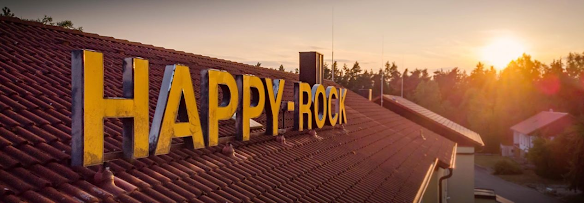 |
| GOD OF WAR |
Accepting gratitude for military service is not always a straightforward matter, as I reflect on the nuances of appreciation. I have always felt uneasy accepting gratitude for my service. The discomfort arises from the well-intentioned yet sometimes misguided thanks extended by individuals who may not fully grasp the intricacies of a veteran's experience.
In a poignant encounter with a barista, an art student at the KC Art Institute, I found myself at the intersection of good intentions and misunderstanding. The barista, upon learning of the my military background, expressed a desire to avoid potentially triggering language related to warfare, such as "battle," "minefield," and "IED." In a gesture of genuine consideration, the barista apologized for any unintentional distress caused in the past and sought guidance on more suitable terminology.
However appreciative of the sentiment, I couldn't help but feel that the attempt to shield myself from potentially distressing terms missed the mark. With a wry sense of humor, I responded, "Thank you for being considerate, but nah dude, you got veterans all wrong." He was totally sincere, but a product of our asinine education system. This brief exchange encapsulates the broader challenge of bridging the gap between civilians and military personnel in the realm of understanding and communication.
But I made it back home. I deserve no thanks. I wish I was still there, I have never felt more alive than I did on that mountainside in Afghanistan, surrounded by brothers. I have no glory, having never experienced a beautiful death, haunted by those who have made the ultimate sacrifice, death. Only they deserve our thanks. The veteran emphasizes a crucial distinction—that those who return home alive, deserve no special thanks, no special treatment. Instead, I redirects the focus to those who made the ultimate sacrifice, emphasizing that gratitude is most rightfully directed toward the fallen heroes, representing diverse backgrounds, communities, and walks of life, all shared a common purpose—to protect and defend the land we call home.

Comments